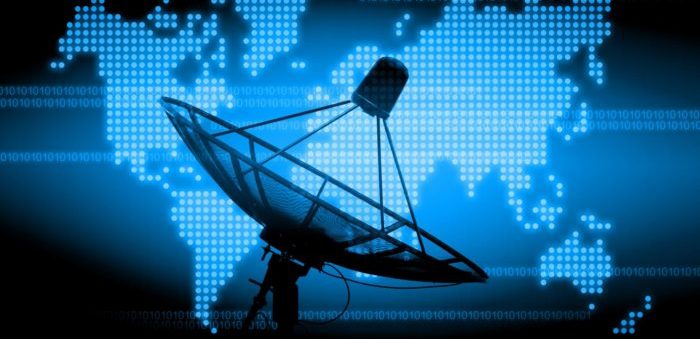In the 7th session of its Sub-Committee on Navigation, Communications and Search and Rescue (NCSR 7), that took place from 15 to 24 January 2020, the IMO agreed to recognize the Indian Regional Navigation Satellite System (IRNSS) for the provision of positioning, navigation and timing services, while it finalized draft SOLAS amendments for the modernization of the Global Maritime Distress and Safety System (GMDSS).
Other highlights of the sub-committee included the preparation of draft performance standards for shipborne receiver equipment for the Quasi-Zenith Satellite System (QZSS), and an agreement to develop a generic performance standard for satellite radionavigation systems.
In addition, NCSR 7 finalized draft amendments to SOLAS Ch. III and IV for the modernization of the Global Maritime Distress and Safety System (GMDSS).
The key highlights of the NCSR 7, provided by DNV GL, go as follows:
-Indian Regional Navigation Satellite System (IRNSS)
NCSR 7 prepared a draft safety of navigation (SN) circular for recognizing the IRNSS as a component of the World-Wide Radio Navigation System (WWRNS), suitable for navigation in “ocean waters”, which will be forwarded to MSC 102 (May 2020) for approval.
-Quasi-Zenith Satellite System (QZSS)
NCSR 7 drafted an MSC resolution on performance standards for shipborne QZSS receiver equipment, which will be forwarded to MSC for approval.
-Modernization of the GMDSS
NCSR 7 finalized draft amendments to SOLAS Ch. III and IV on radio-communications for modernization of the GMDSS.
It also identified 40 IMO resolutions and circulars in need of consequential amendments and/or editorial treatment due to the GMDSS modernization.
Work on related and consequential amendments to other existing instruments will progress in a correspondence group, with a view to complete all necessary amendments at NCSR 8 for approval by MSC 104 in 2021 and for adoption by MSC 105 in 2022, so that the amendments can be adopted in time for entry into force in 2024.
-Generic performance standards for GNSS
NCSR 7 agreed to develop generic performance standards for satellite radionavigation systems (global or regional).
The work will be carried out by a correspondence group until NCSR 8 (February 2021).
NCSR 7 considered descriptions of maritime services to facilitate worldwide harmonized communication and the exchange of information between shore and ships and agreed to further progress the work in a harmonization group until NCSR 8 (February 2021).
-E-navigation
NCSR 7 agreed to consider revisions of the e-navigation strategy implementation plan (MSC.1/Circ.1595) to reflect the latest developments and future tasks.
-Safety measures for non-SOLAS ships in polar waters
NCSR 7 considered the feasibility and consequences of applying mandatory navigation and voyage planning requirements to non-SOLAS ships operating in polar waters and agreed to progress the work in a correspondence group until NSCR 8 (February 2021).
-Developments in GMDSS satellite services
As part of the modernization of the GMDSS, SOLAS amendments to accommodate additional mobile satellite providers entered into force on 1 January 2020.
NCSR 7 preliminarily assessed the Chinese BeiDou Message Service System (BDMSS) for use in the GMDSS and invited the IMSO to conduct the technical and operational assessment of BDMSS and to provide a technical and operational assessment report for consideration by a future session of the NCSR Sub-Committee.






























































